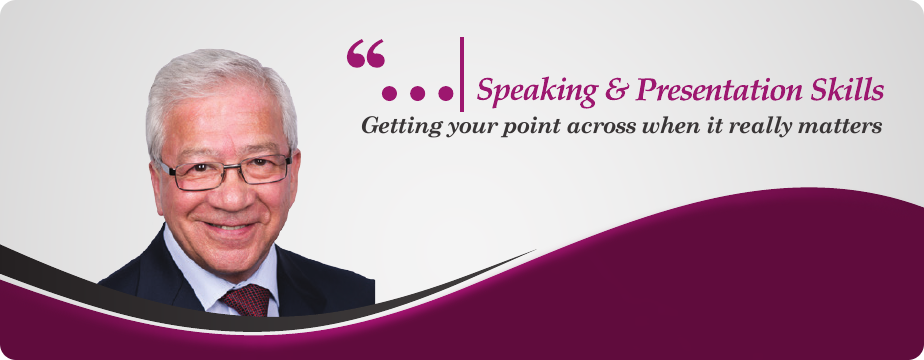How good is your telephone selling technique?
The argument rages about cold calling, and I must accept that some will continue to do it. If it works for you, that’s good, but for most sales people it yields poor results. That’s partly due to a faulty mindset and partly because of poor telephone selling technique.
Starting with the mindset, let me ask you this: what are the chances of calling people who have a need for your offering and a desire to obtain it? Slim, at best. But what are the chances of finding people who have a business problem or some other limitation? Greater than the first.
If you call up expecting to sell your product or service, you are aiming at the first (tiny) group. But if you call to discover if the problem exists, and whether the prospect is aware of its consequences, you stand a better chance. Your script should be based on that.
Telephone selling technique is about what you say and how you say it. Think about those awful call centre calls: “Good evening Mr Somebody, how are you today?” Those agents are cannon fodder, and they never last long in their jobs. Their starting premise is wrong (they even lie about representing, for example, The National Accident Helpline), they have terrible scripts, and many of them have irritating voices.
So what’s the answer?
A man I know has great success on the phone. His telephone selling technique goes something like this: “Mr Somebody, I am John Smith of PKP Communicators, and the reason I’m calling is because I was recently able to help a company like yours with their (specific) problem. I wondered if your organisation has encountered a similar problem? Would you be interested in hearing how we handled it for them?” He then closes for a half hour appointment.
At no time does he say “I can help you.” In fact, his approach is to say “I have no idea if I can help you, but I’d like to hear what your problem is, how it is affecting your business and what you are doing about it.”
Frank Rumbauskas Jr, author of Cold Calling is a Waste of Time, recommends getting someone else to call and make an appointment for you. You could, of course, be that someone else yourself. The way to handle the dragons at the gate could be: “Hi, is that Mr Bigshot’s PA? I’m the assistant of John Smith, Director of PKP Communicators. I’m calling to schedule a thirty minute meeting between him and Mr Bigshot. Do you manage his diary?”
A word about the way you sound. There are many techniques for improving your voice but one thing you can manage right away is to believe in the value you can offer. Write it down, talk to yourself about it, remind yourself of it before you call, and you will sound much more attractive.
Finally, smile when speaking on the phone. It makes an audible difference.
The post How good is your telephone selling technique? appeared first on PKP Communicators.


